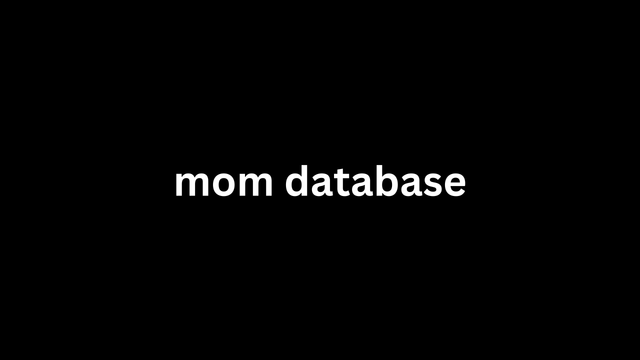This involves optimizing various
Posted: Wed Dec 04, 2024 8:49 am
By identifying both transactional and informational keywords, businesses can create content that aligns with the needs and intent of their target audience. There are several tools available for keyword research, including Google Keyword Planner, SEMrush, Ahrefs, and Moz. These tools can help businesses uncover keyword opportunities, assess search volume and competition, and refine their keyword strategy over time. On-Page Optimization On-page SEO refers to the optimization of individual web pages to improve their rankings in search results.
This involves optimizing various elements of a page, including its title mom database tags, meta descriptions, headings, content, and internal links. Title tags are one of the most important on-page SEO elements. They appear in search results as the clickable headline for a web page and should accurately describe the content of the page while incorporating relevant keywords. Meta descriptions, while not directly influencing rankings, provide a concise summary of the page’s content and can influence click-through rates.

Headings help organize content and make it easier for both users and search engines to understand the structure of the page. Including relevant keywords in headings can improve a page's relevance to search queries. Content is another critical component of on-page SEO. High-quality, engaging, and informative content that answers users’ questions and provides value is more likely to rank well in search results. Additionally, keyword optimization within the content should be done strategically and naturally to avoid keyword stuffing, which can lead to penalties.
This involves optimizing various elements of a page, including its title mom database tags, meta descriptions, headings, content, and internal links. Title tags are one of the most important on-page SEO elements. They appear in search results as the clickable headline for a web page and should accurately describe the content of the page while incorporating relevant keywords. Meta descriptions, while not directly influencing rankings, provide a concise summary of the page’s content and can influence click-through rates.

Headings help organize content and make it easier for both users and search engines to understand the structure of the page. Including relevant keywords in headings can improve a page's relevance to search queries. Content is another critical component of on-page SEO. High-quality, engaging, and informative content that answers users’ questions and provides value is more likely to rank well in search results. Additionally, keyword optimization within the content should be done strategically and naturally to avoid keyword stuffing, which can lead to penalties.